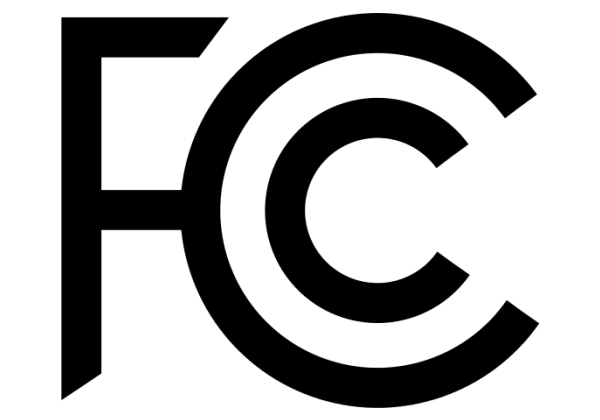New FCC Leadership Could Prompt More Zero-Rating Strategies

The Washington Post is reporting that president Donald Trump will appoint FCC commissioner Ajit Pai to be the next chairman of the agency replacing Tom Wheeler. Mr Pai and Mr Wheeler have contrasting views on several major regulatory themes including Net neutrality and privacy matters.
Mr Pai had opposed government intervention in the telecommunications market and has been an open critic of an FCC report disapproving of zero-rating data, also known as toll-free data — a business model used by Internet service providers under which they charge no connectivity fees for specific content.
Zero-rating strategies allow mobile and, in some cases, wireline carriers to favour particular content, either their own or that of a partner. Despite regulatory frowns, US mobile carriers have been competing using such strategies with AT&T, T-Mobile and Verizon offering free cellular access to their subscribers to specific video content, sometimes their own content services.
For example, AT&T is zero-rating its over-the-top video service, DirecTV Now, a controversial move that has recently drawn sharp criticism from the FCC’s outgoing chairman. Verizon is taking a similar approach with its go90 app.
Under new FCC leadership, potential further dilution of Net neutrality is possible. If carriers have been holding back with content-centric business models, they will be less timid in the future. AT&T’s planned acquisition of Time Warner — a deal Donald Trump was originally critical of — is a high-profile storyline here. If the two companies merge, AT&T will create unique content bundles mixing Time Warner media with AT&T connectivity. Game of Thrones will blend with AT&T airwaves for package deals (see Instant Insight: AT&T to Acquire Time Warner).
Carriers in the US will begin to accelerate the pace of new business models and media mergers. They have made long-term efforts to counter the growing connectivity commoditisation. The ability to augment the bit-pipe business could be getting easier thanks to a new supporter within the FCC.
There will certainly be a rise not only in the number of toll-free data offers, but also in the number of toll-keeping moves, that is, efforts to reverse the charges. We expect mobile and cable companies to explore fee-based opportunities, working with content owners and service providers that could pay for users’ access fees. Companies such as Netflix and Facebook could be affected here.
The FCC will have a new influence that could alter the US telecom market. Both mobile and fixed-line carriers will explore opportunities. There’s an ebb and flow in the US regulatory environment as administrations change. Alterations are coming at a time when the market is reaching maximum maturity and is becoming a zero-sum game between carriers.

 Twitter
Twitter
 Facebook
Facebook
 LinkedIn
LinkedIn
 Email
Email